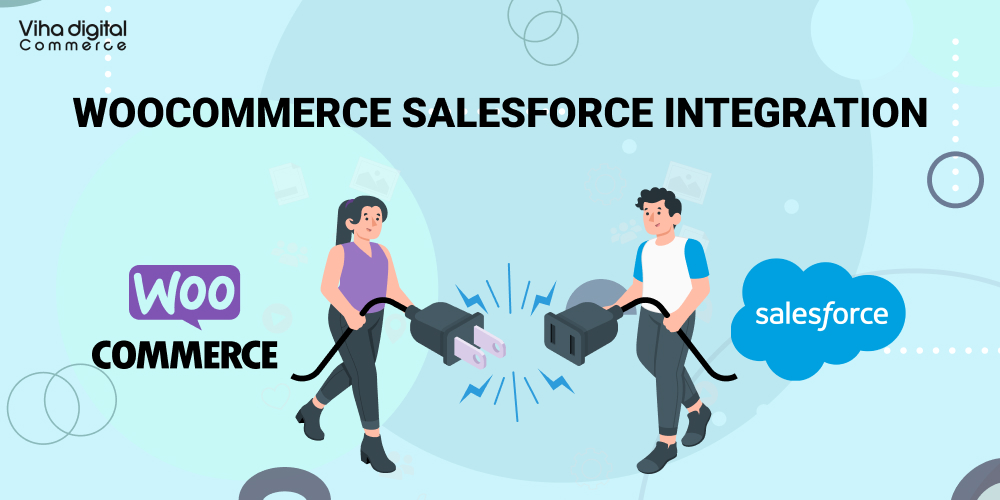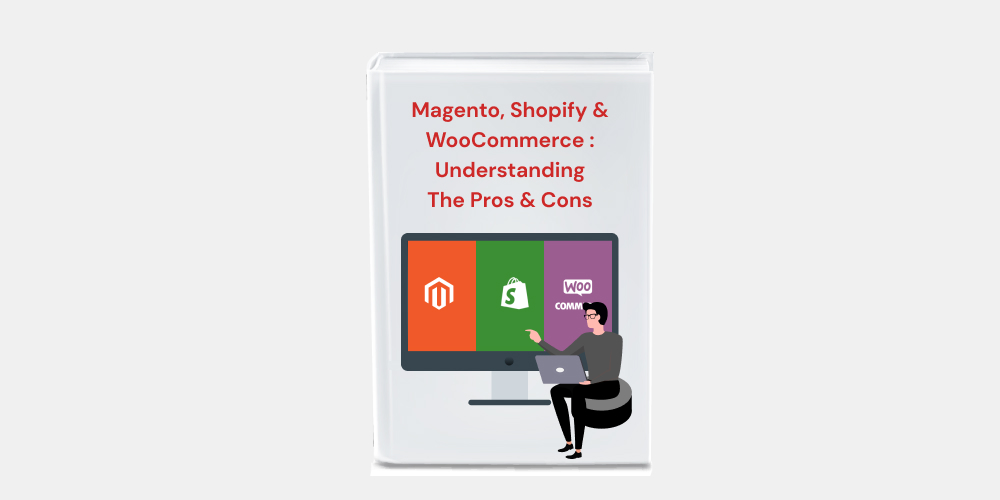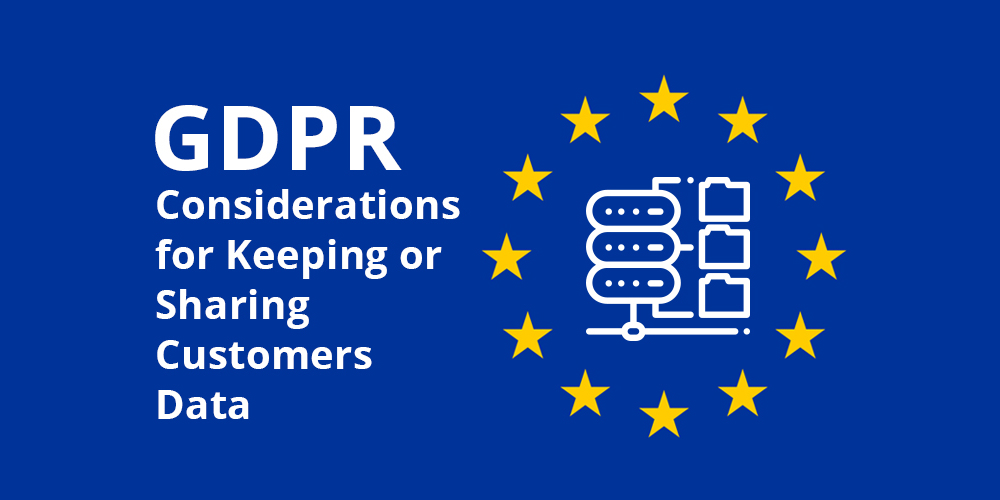
GDPR and Considerations for Keeping or Sharing Customer Data: Know Everything
While growing a business, we are met with many challenges. Few remain relatively simple while others turn out complex according to their nature.
Once such uncertainty oriented challenge is how digital data can be kept secured and how its leakage can be fend. And what are fair practices related to data sharing?
There have been imposed many obligations on privacy and personal data sharing over the years. Some laws change from country to country and few are applicable only in certain geographic regions.
However, it is of utmost importance for you to maintain safe proceedings while delivering any piece of software to merchants to save yourself and your business from crimination.
GDPR is a unique cyber law in terms of complexity and extent that it forces over merchants and app developers on how they can use customer information.
It was introduced earlier and now effectuated on the date 25th May 2018.
What is GDPR?
EU General Data Protection Regulation
It is a data protection legislation which imposes rules that mobile or web developers and merchants would have to follow while serving European customers and traders.
Does GDPR apply to me?
From onwards, all app makers and web store owners will have to be GDPR compliant when dealing with or save information of individuals residing in Europe.
Ok, let us quickly review essentials only part of GDPR so that you can get over it in no time and continue your pivotal business activities.
If you have time, you may visit first source document or white papers to grasp it in fullest.
However, reading this article shall suffice for most individuals who think their data does not pass through multiple tiers.
Just equip yourself with GDPR lore and live 100 miles away from data breaches.
1. Think Before Allowing Access Over Data To 3rd Party Apps

When you decide to enable a few features by integrating a 3rd party application on your website, sometimes app asks to access data points stored on the site.
Take, for example, you might have seen pop-ups during installing applications on Google drive. If you don’t allow, some will not get installed.
Similarly, when merchants leverage facilities of a 3rd party app like Mailchimp(for example), they are required to look into what are the parts that particular app wants to see.
It is but the responsibility of that app provider to mention all the data points when requesting permission.
From merchant’s or app developer’s part, he should thoroughly check all API endpoints and be mindful before clicking ‘Yes’, else should not take support from apps that excessively need personal data of customers.
2. Merchants and Developers Will Have to Disclose How They Use Data
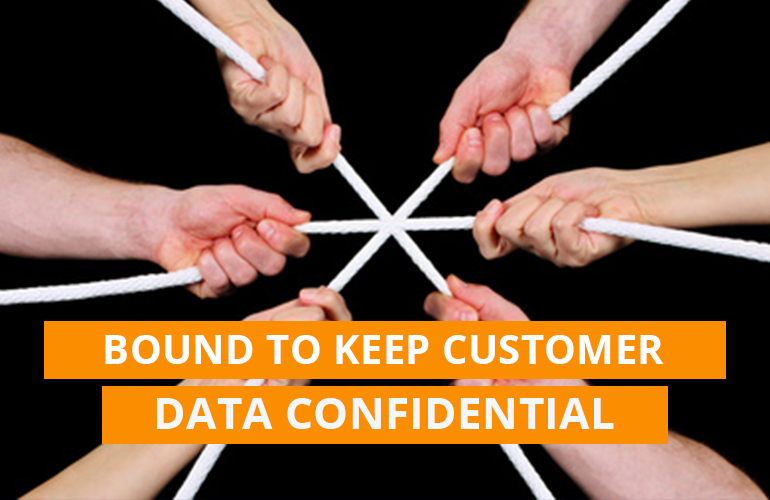
Ultimately, it comes down to how particular 3rd party app treats collected data from your site.
If raised pop-ups do not display data points elaborately that it needs to execute related functions, you should pause and make a call to that vendor.
Tell them to provide a list of information chunks that their app will collect to execute the process to produce desired results.
No more than what is required should be served.
For instance, a survey app may not require knowing credit card numbers and you can discard one if it requests so.
Further, store owners and app developers are bound to keep customer data confidential apart from sharing needed only information chunks.
3. Store Data in Highly Secured System and Delete personal Information with Obsolete Time Period
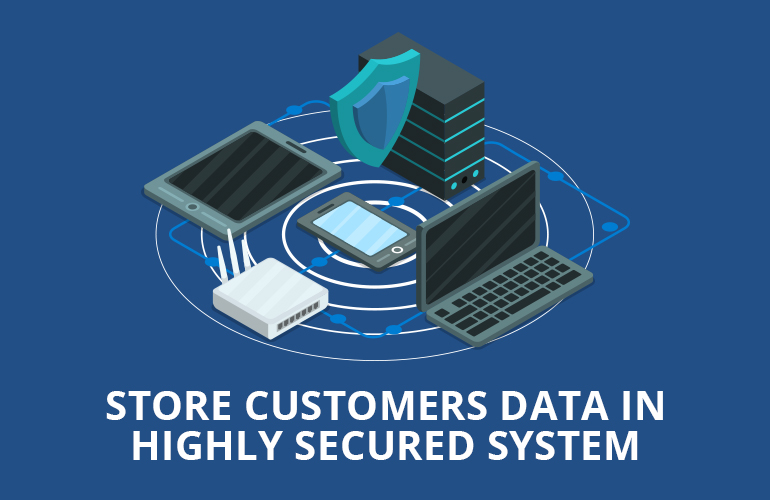
Ensure you own an organized system for storing merchant’s or merchant’s customer’s data who are living in any country in Europe.
GDPR states that collected data should be shredded once its useful life is over to safeguard individual’s privacy.
This means that sensitive personal and other customer data should be wiped out not only upon request of an individual but by yourself from time-to-time.
That’s it.
If you stick to GDPR guidelines, your business is 100% safe and away from possible lawsuits.



